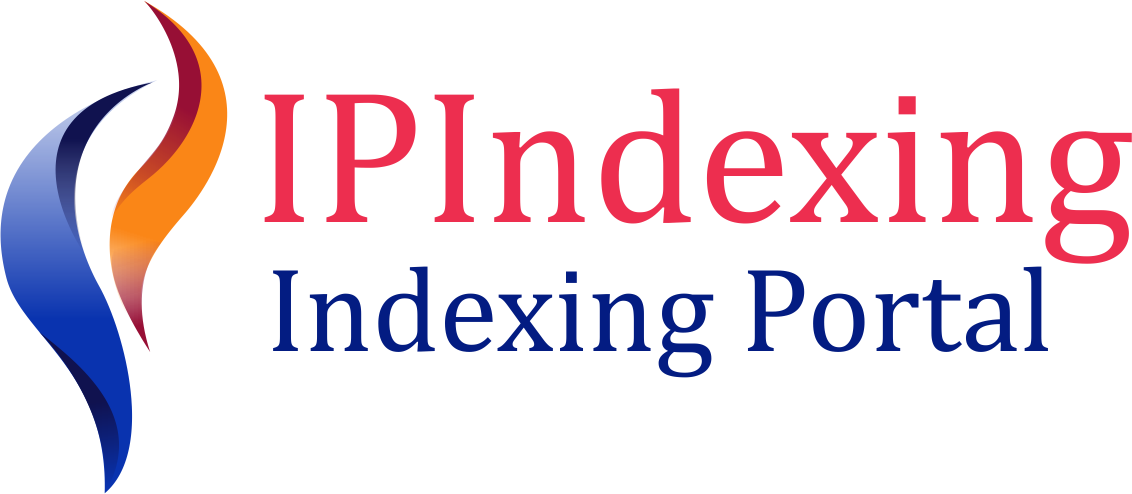Adapting Agile Practices to Improve the Quality of Small and Medium Scale Organizations
DOI:
https://doi.org/10.71330/thenucleus.2018.325Abstract
Most of the Software industries are demonstrating absorption in Software Process Improvement (SPI)in Small and Medium Enterprises. In the modern world, software development and improvement is an
important area that permits organizations to develop applications in house. Traditionally, waterfall
system is used to administer software development. The traditional, waterfall model counted upon
linear, sequential stages, well explained features, sign of documentation and widespread coverage. The
outcome of the study is to formulate a holistic model for customization of agile practices for small and
medium organizations. This paper has demonstrated a case study emphasizing on tailoring agile
methods including tailored XP (extreme programming) focusing Small and Medium Enterprise (SME)
for software process improvement. This framework is for software processes being implemented by
SME merging agile methods XP, Scrum and defines the handover in pre-transition and post order.
References
Z.S.H. Abad and R. Ramsin, “Towards tool support for situational engineering of agile methodologies”, 17th Asia Pacific Software Engineering Conference (APSEC)”, vol.1, pp. 326-335, 2010.
A. Qumer and B. Henderson-Sellers, “Construction of an agile software product-enhancement process by using an Agile Software
Solution Framework (ASSF) and situational method engineering”, 31st Annual International Conference on Computer Software and Applications (COMPSAC), Beijing, pp. 539-542, 2007.
V.C. Gerogiannis and P.G. Ipsilandis, “Multi objective analysis for time boxing models of software development”, ICSOFT (ISDM/EHST/DC), pp. 145-153, 2007.
B. W. Boehm, "Software and its impact: A Quantitative Assessment, ", Datamation, vol. 19, pp. 48-59, 1987.
G.V. Pereira and L.M. Fontoura, “Defining agile and planned method fragments for situational method engineering”, VIII Simpósio Brasileiro de Sistemas de Informação, Fortaleza, Brasil, pp. 660-665, 2012.
G.C. Succi and M. Marchesi”, “Extreme programming examined”, Addison-Wesley Longman Publishing Co., Inc, 2001.
J. Koskela, Software configuration management in agile methods, VTT Publications, pp. 29-33, 2003.
L. Crispin and T. House, “testing extreme programming”, Addison-Wesley Professional, pp: 153-154, 2003.
M. Taromirad and R. Cefam, “Comprehensive evaluation framework for agile methodologies”, Software Engineering Workshop, SEW'08, 32nd Annual IEEE, Kassandra, Greece, pp. 195-204, 2008.
R. Ramsin, L. Claudia and R.F. Paige, “Process-centered review of object oriented software development methodologies, ACM Computing Surveys (CSUR), vol.40, pp. 3, 2008.
R. Jeffries and T. Hendrickson, “Extreme programming installed”, Addison-Wesley Professional, pp. 107-113, 2001.
T. Dingsøyr and G. Hanssen, “Extending agile methods: postmortem reviews as extended feedback, International Workshop on Learning Software Organizations”, Springer Berlin Heidelberg, Berlin, Germany, pp. 4-12, 2002.
K. O’Driscoll, “The agile data modelling & design thinking approach to information system requirements analysis, J. Decision Systems, vol. 25 (Supl), pp. 632-638, 2016.
J. G. Taghi, Z. Hazura and Z. N. Mina, Agile transformation: a multi-dimensional process, IEEE, pp. 89-96, 2015.
Downloads
Published
How to Cite
Issue
Section
License
For all articles published in The Nucleus, copyright is retained by the authors. Articles are licensed under an open access licence [CC Attribution 4.0] meaning that anyone may download and read the paper for free. In addition, the article may be reused and quoted provided that the original published version is cited properly.



